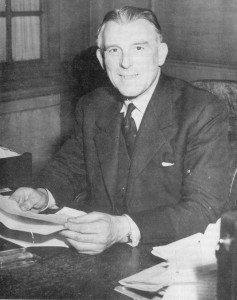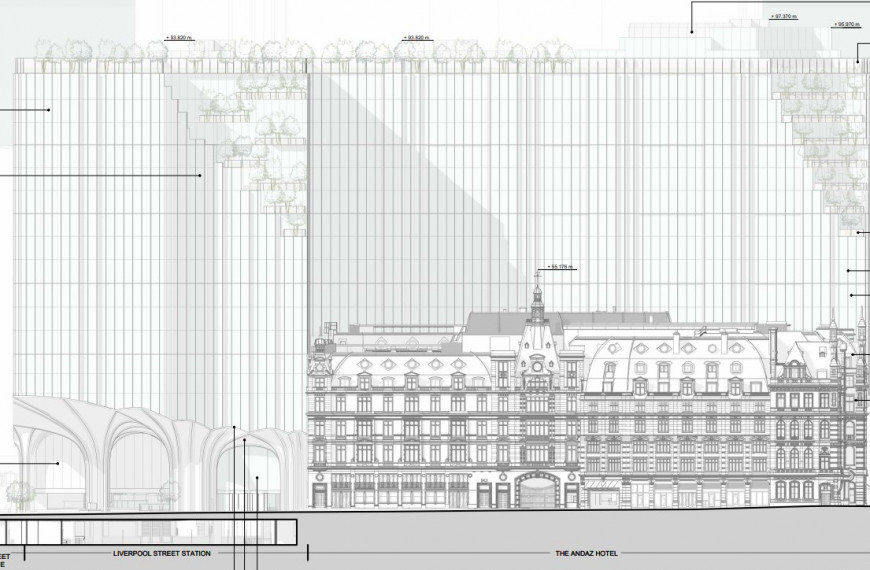As we commemorate our 100th year, we have taken the chance to look back at the numerous influential individuals who have shaped the history of our organization. We want to take a moment to highlight key figures and applaud the remarkable contributions they have made not only to HB&P/AMS, but also the lasting impact they have had in the broader heritage sector. The second of these individuals is Ivor Bulmer Thomas.

Ivor Bulmer Thomas (1905-1993)
By Matthew Saunders
Few individuals have been more significant to the life of HB&P (AMS) than Ivor Bulmer Thomas, often referred to simply as IBT. He served on the Society’s governing Council for approximately thirty years, initially as Secretary (from 1958) and for fifteen years as Chairman (from 1975). It was he who secured the status of National Amenity Society for the then Ancient Monuments Society, which still means that we must be informed, by law, of all applications for listed building consent in England and Wales where there is any element of demolition. This remains the single greatest power that we possess. Additionally, it was Ivor, as a member of the General Synod, who introduced the obligation on every church to commission a structural assessment every five years – another cornerstone of good practice that has stood the test of time. He was very much a leader, not one to shy away from conflict, and although capable of inspiring profound loyalty, his life was marked by many ideological disputes. He served as a Junior Minister under Attlee but later defected to the Tories and eventually aligned himself with the Social Democrats, partly due to a lifelong friendship with Roy Jenkins, one of the SDP founders. It was Jenkins’ M.P. father who first suggested that the young Ivor, hailing from a working-class family in the Welsh Valleys, should stand for parliament.
Ivor’s energy was prodigious. He needed just 4 hours of sleep and once drove a jeep across the Sahara with four friends. When he was appointed Minister of Aviation by Attlee, he insisted on being taught to fly so he could perform the role with insight (while in that position, he established Heathrow Airport). He was an avid athlete and, but for an injury, might have been selected for the 1928 Olympics. He went skiing every year well into his eighties. He was an accomplished linguist – his translation of Euclid from ancient Greek is still the classic – he read Dante in the original for bedside solace. He was the biographer of Gladstone’s son, Lord Birkenhead, and the businessman David Davies.
One of Ivor’s greatest gifts to the world of conservation was the founding of The Friends of Friendless Churches (FoFC), former HB&P partner, in 1957. Once again this came about because of a blazing row – with Archbishop Fisher no less. Ivor rejected the then-policy of what became the National Churches Trust not to provide aid to churches that the diocese wished to close (and in some cases, demolish). The FoFC fought to oppose such losses and, from 1972, began taking buildings into its direct care. The total number of vestings is now an impressive 70, half of them in Wales, where Ivor, ever the proud Welshman, started the negotiations which led to the present regime where the Church and State meet the cost of all Welsh vestings. 2024 will be an especially evocative year for admirers of Ivor in that the picturesque border church of Llangua will be passed into the hands of the FoFC. Ivor took this church under his wing as a memorial to his first wife who had died tragically in 1937 and now, on the back of a substantial grant from the Lottery, Ivor can know that it is safe in perpetuity.


